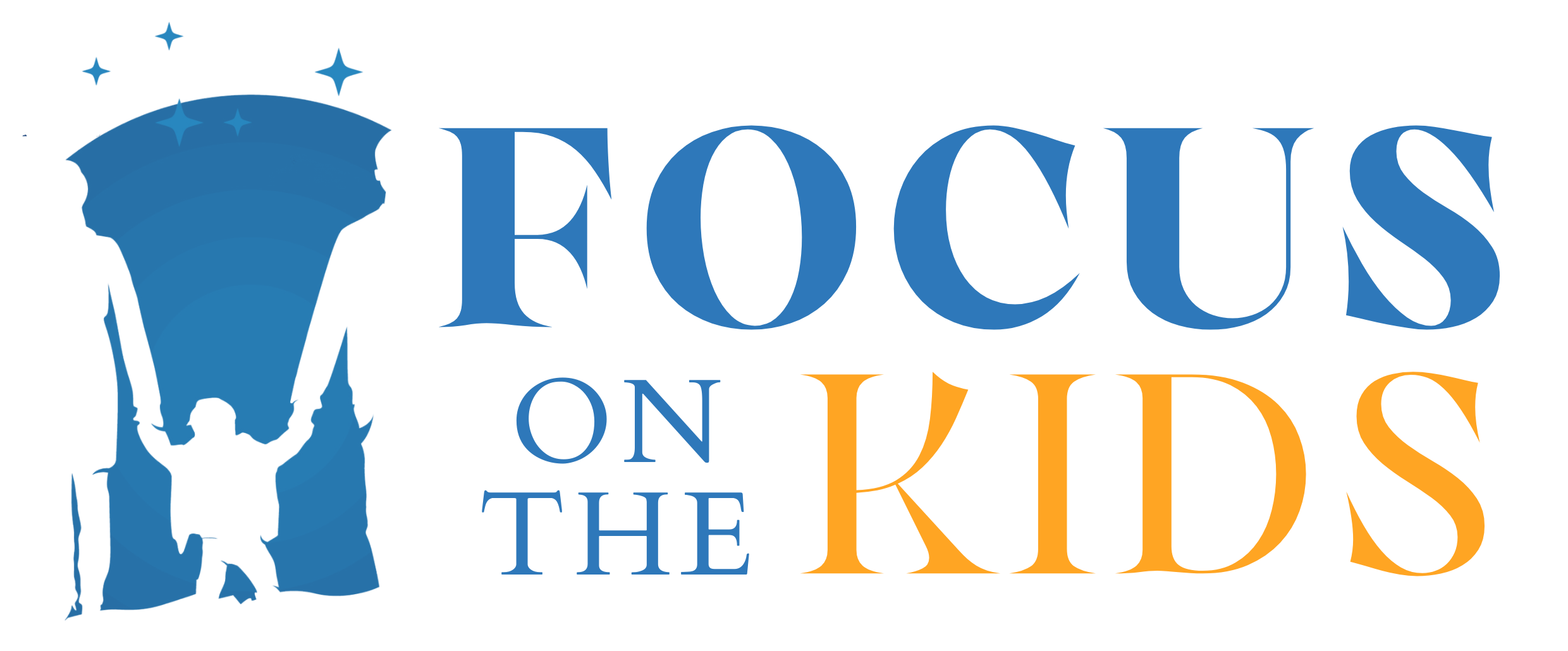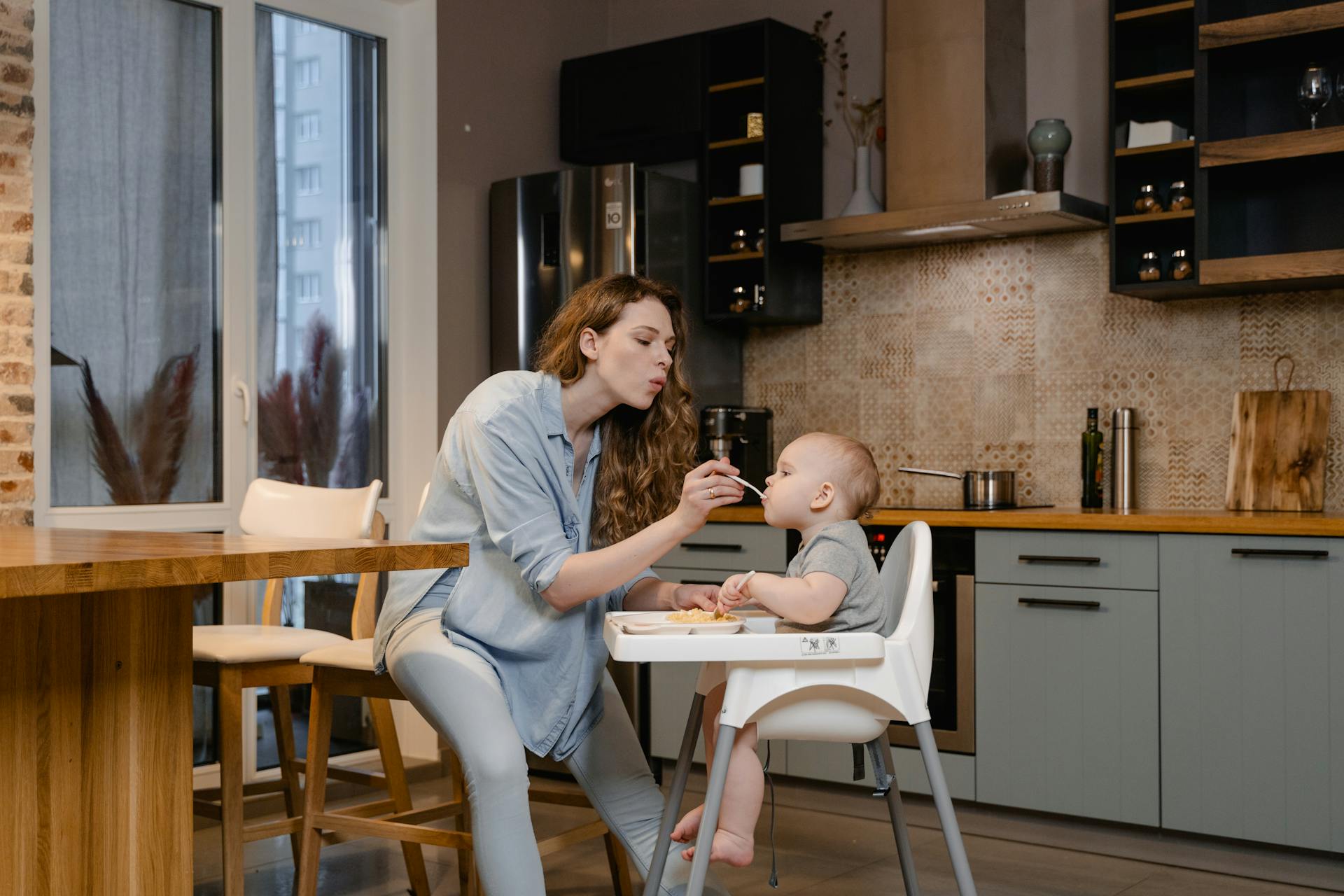In 2025, it’s almost impossible to separate parenting from social media. From baby bump updates and family vlogs to parenting hacks on TikTok, the way parents share, learn, and connect online has completely transformed family life.
Welcome to the world of Social Media Parenting — a cultural shift that blends modern technology with one of humanity’s oldest roles: raising children. While this trend brings connection and inspiration, it also raises new challenges about privacy, judgment, and digital wellbeing.
Let’s explore how social media parenting became a global movement, what it means for today’s families, and how to navigate it wisely.
What Is Social Media Parenting?
How parents use social media platforms — like Instagram, TikTok, YouTube, and Facebook — to share their parenting experiences, seek advice, or build communities.
It’s more than just posting cute baby pictures. It’s a lifestyle and communication style where:
- Parents document milestones, challenges, and tips.
- Communities offer real-time support and advice.
- Influencers shape parenting trends and products.
This digital wave is reshaping how parents connect and how children grow up in a world where their lives are often online before they can even walk.
How Social Media Changed Parenting
Before social media, parenting advice mostly came from family, friends, and books. Now, parents can access global communities 24/7, watch real-life experiences, and get instant reassurance.
Here are some major ways social media has changed modern parenting:
1. Access to Instant Support
Parents can join online groups for almost anything — from sleep training to postpartum mental health. These communities offer empathy and shared experiences that many parents find comforting.
💬 “I felt alone before joining a Facebook group for new moms. Now I feel like I have friends who actually understand me,” says Julia, a new mother from California.
2. Rise of Parenting Influencers
Influencers who share their parenting journeys now shape public opinion. Platforms like Instagram and TikTok have thousands of “momfluencers” and “dadfluencers” who share everything from meal ideas to emotional struggles.
These influencers have become the new-age parenting coaches, often driving trends in toys, products, and parenting philosophies.
3. Changing the Definition of Community
Social media has redefined the parenting village. Many families now rely on online communities instead of local ones. Whether you’re a single parent in London or a stay-at-home mom in Nairobi, you can connect instantly with others around the globe.
Popular Social Media Parenting Trends in 2025
As we move deeper into the digital age, several social media parenting trends dominate online spaces in 2025.
🌿 1. Authentic Parenting Over Perfection
Gone are the days of perfectly filtered parenting. Today’s trend is about realness — showing tantrums, messy homes, and emotional honesty. Parents are rejecting the pressure of perfection and embracing vulnerability.
Platforms like TikTok are filled with videos titled “The Real Side of Parenting,” where moms and dads share moments of exhaustion or laughter.
This shift has created a more relatable and supportive atmosphere online.
📱 2. Digital Parenting Education
Short-form content is now the fastest-growing source of parenting education. Experts and pediatricians share bite-sized videos explaining baby sleep cycles, toddler nutrition, and emotional intelligence.
Apps like ParentTok and TinySteps (launched in 2025) combine social media with science-backed parenting advice.
🔗 Outlink suggestion: HealthyChildren.org – Digital Parenting Tips
🧠 3. Focus on Mental Health
Modern parents are openly discussing postpartum depression, anxiety, and burnout. This openness is one of the most powerful social media parenting trends, helping reduce stigma around mental health.
Hashtags like #MomBurnout and #DadAnxiety have millions of views, with users sharing coping strategies and honest reflections.
🍼 4. Minimalist Parenting
Minimalist and “slow parenting” lifestyles are trending among millennial and Gen Z parents. These families emphasize quality time, fewer toys, and digital detox days.
Instagram pages dedicated to minimalist nurseries, sustainable toys, and gentle discipline attract huge audiences.
The message is clear: less stuff, more connection.
🤳 5. Monetizing Parenthood
Parenting has become a digital career path for some families. Many parents earn income by reviewing baby gear, creating family content, or sharing educational videos.
However, this also sparks debate about children’s digital privacy — should kids grow up with millions of followers before they can consent?
Countries like France and Canada have begun introducing child influencer protection laws in 2025, ensuring earnings are held in trust and limiting exploitative exposure.
🔗 Outlink suggestion: UNICEF – Digital Rights for Children
The Pros of Social Media Parenting
Like any tool, social media can be positive when used mindfully. Here are the key benefits:
1. Community and Support
Social media helps parents feel less isolated, especially new moms and dads. They can instantly connect with others who understand their struggles.
2. Education and Resources
Parents have access to professional advice, courses, and expert-led pages for free or low cost.
3. Creative Expression
Parents use digital platforms to document milestones, share art, or start passion projects around family life.
4. Advocacy and Awareness
Social media gives parents a voice to raise awareness about issues like postpartum care, autism inclusion, and maternity rights.
The Cons of Social Media Parenting
Despite the positives, there are also real challenges that come with the social media parenting lifestyle.
1. Comparison and Pressure
Seeing “perfect” families online can make parents feel inadequate. Constant comparison leads to guilt and self-doubt.
2. Privacy Concerns
Posting children’s photos can expose them to digital risks. Many experts recommend limiting what is shared publicly.
3. Monetization and Boundaries
The rise of “family influencers” blurs the line between genuine content and commercial promotion. It’s important for parents to protect their child’s right to privacy and safety.
4. Information Overload
Not all parenting advice online is accurate. Misinformation about sleep training, vaccinations, or diets can spread quickly.
✅ Always verify advice with qualified professionals before applying it.
How to Use Social Media Mindfully as a Parent
Here are some practical ways to balance connection with caution:
- Be Intentional — Ask yourself why you’re sharing a post. Is it to connect, help others, or seek validation?
- Protect Privacy — Avoid sharing personal details like school names, locations, or daily routines.
- Follow Credible Experts — Seek accounts with credentials, not just popularity.
- Limit Screen Time — Model healthy habits by putting the phone down when with your child.
- Engage, Don’t Compare — Use social media to learn and connect, not to compete.
💡 Tip: Create “offline days” for your family to focus on real-world bonding.
Expert Opinions on Social Media Parenting
Psychologists and digital wellbeing experts are increasingly studying the effects of social media parenting on families.
- Dr. Sarah Keane, a family therapist, says:
“Parents now build digital identities for their children before they can speak. It’s crucial to think long-term about consent and privacy.” - Dr. Miguel Ortiz, digital behavior researcher, adds:
“Social media parenting isn’t inherently bad. It’s about mindful sharing — balancing connection with protection.”
The Future of Social Media Parenting
As AI and augmented reality evolve, the future of social media parenting looks both exciting and complex.
What’s Coming in 2025 and Beyond:
- AI-Generated Family Content: AI assistants that create photo albums, posts, and captions automatically.
- Private Family Platforms: Encrypted apps for secure sharing with loved ones only.
- Parenting in the Metaverse: Virtual playdates and digital parenting classes using VR technology.
- Children’s Digital Rights Expansion: More global laws protecting minors’ online identities and income.
These advancements make it even more important for parents to stay informed and intentional.
Final Thoughts: Redefining Parenthood in the Digital Age
Social Media Parenting is here to stay. It has reshaped how parents connect, learn, and share — giving them tools and communities that didn’t exist a generation ago.
But like all technology, it’s a double-edged sword. The key lies in balance: use social media to connect, not compare, to learn, not judge, and to share responsibly.
As we continue raising digital-native children, our goal should be to teach them — by example — how to use technology wisely, kindly, and safely.
Parenting may look different in 2025, but at its heart, it’s still about love, connection, and guidance — both online and off. ❤️
















